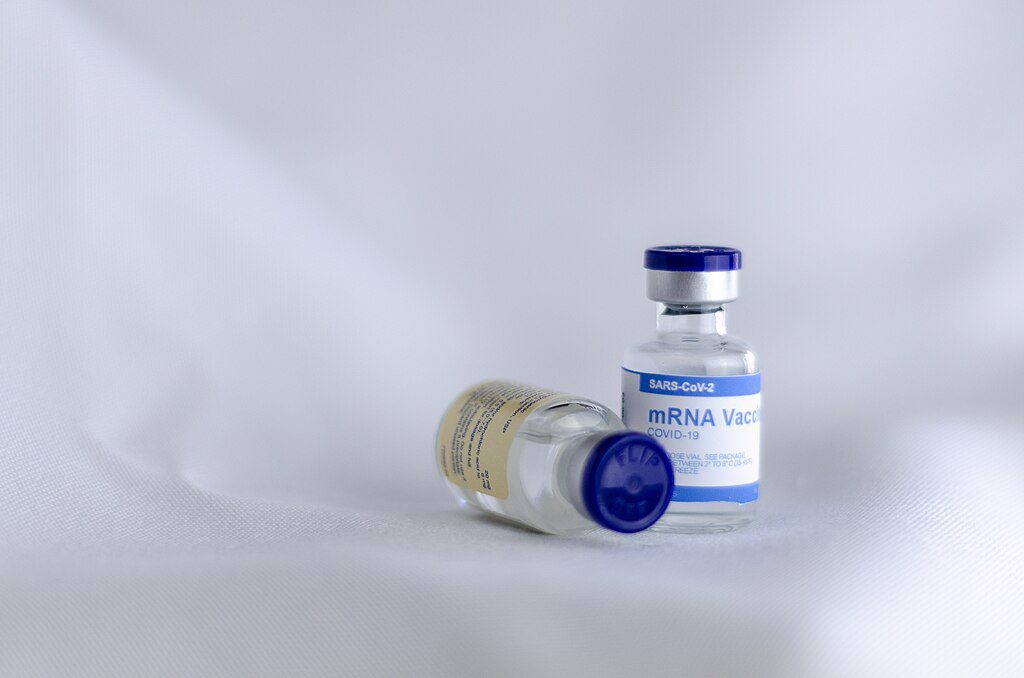Russia has developed a cancer vaccine called Enteromix that’s now ready for clinical use, according to an announcement by Veronika Skvortsova, head of Russia’s Federal Medical and Biological Agency (FMBA). She shared this news at the Eastern Economic Forum in Vladivostok.
Unlike traditional vaccines that use weakened viruses, mRNA vaccines teach the body’s cells to produce proteins that trigger an immune response against specific targets, in this case, cancer cells.
The vaccine has completed years of research, including three years of required preclinical trials. These preclinical studies showed promising results, with tumors shrinking or growing more slowly by 60% to 80% in animal test subjects, depending on the cancer type. Researchers also noted improved survival rates in these early studies.
“The first form of the vaccine will be used to treat colorectal cancer,” Skvortsova explained. The team is also developing versions for glioblastoma (an aggressive brain cancer) and certain types of melanoma, including ocular melanoma that affects the eye.
What makes Enteromix unique is its personalized approach. This personalization helps the immune system recognize and target the specific cancer cells in the patient’s body.
Similar Posts
According to reports, a Phase I study of Enteromix began with 48 volunteer participants. The announcement of this clinical trial was made at the St. Petersburg International Economic Forum (SPIEF 2025). The National Medical Research Radiology Centre and the Engelhardt Institute of Molecular Biology collaborated on its development.
Early trial results suggest the vaccine has shown promising safety levels. Unlike harsh treatments such as chemotherapy or radiation, early participants reportedly tolerated the vaccine well.
The vaccine’s announcement has generated interest because it represents a potential advancement in cancer treatment using personalized medicine approaches. Before becoming widely available, Enteromix would need approval from Russia’s Ministry of Health after completing necessary clinical trials.
It’s important to note that while preclinical results look promising, comprehensive human efficacy data from larger clinical trials is still needed to fully understand the vaccine’s effectiveness across different cancer types and stages. The current human trials primarily focus on safety and tolerability rather than definitive efficacy.
The announcement came during the 10th Eastern Economic Forum, which drew more than 8,400 participants from over 75 countries, highlighting Russia’s efforts to showcase its advancements in medical research and biotechnology.



















